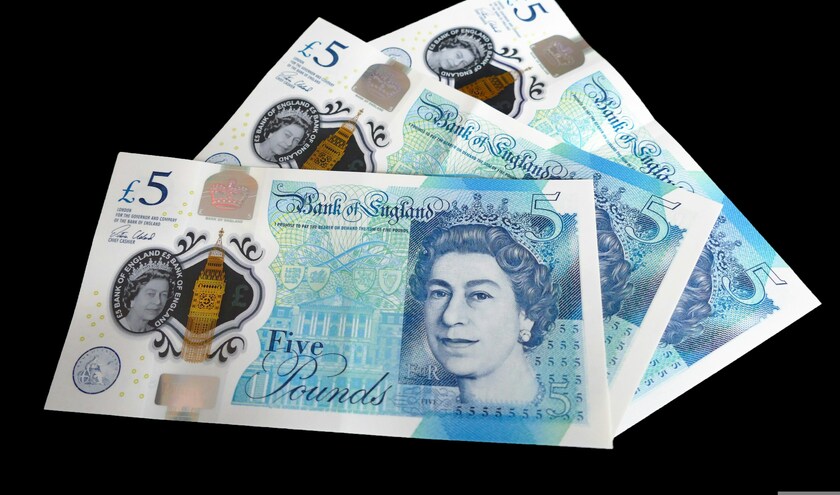The call came with polling which found 55% supported a windfall tax on private healthcare companies.
Kinnock said: ‘Introducing VAT on private health provision could provide vital funding for the NHS and social care. After 14 years of underinvestment, many people are turning to private healthcare not out of choice, but because they cannot afford to wait. This has increasingly led to unequal access to care. Ending the VAT exemption to generate much-needed revenue is a reasonable and widely supported step.'
The Good Growth Foundation poll found 43% support a general tax on private healthcare. More people opposed charging people who can afford to pay for NHS treatment (39%) than supported it (37%).
Almost six in 10 people (59%) agreed ‘the NHS needs more investment, and it also needs to change to become more modern and efficient'.
A similar amount (55%) supported the NHS being free at the point of use and funded through taxation while just 33% support a mixed, insurance-based model, similar to the system floated by Reform leader Nigel Farage. Only 7% favoured a fully private, insurance-led system.
Eight in 10 (80%) agreed the NHS ‘needs to change in order to survive' and 71% were worried they'll have to pay for NHS services in the future, with only one in five (20%) believing the NHS will remain universally free.
Over half (51%) said access challenges like GP wait times stopped them from seeking help when they need it with the biggest NHS challenges identified as staff shortages (50%), long waiting lists (50%) and underfunding (47%).
A Government spokesperson said: ‘Thanks to this Government's record investment, reforms and the hard work of NHS staff, we've cut the waiting list by over 260,000 since July 2024, which also fell for the first time in 17 years in April and May outside of the pandemic. On top of this, we have also delivered 4.6m appointments – more than double the 2m we promised.'



